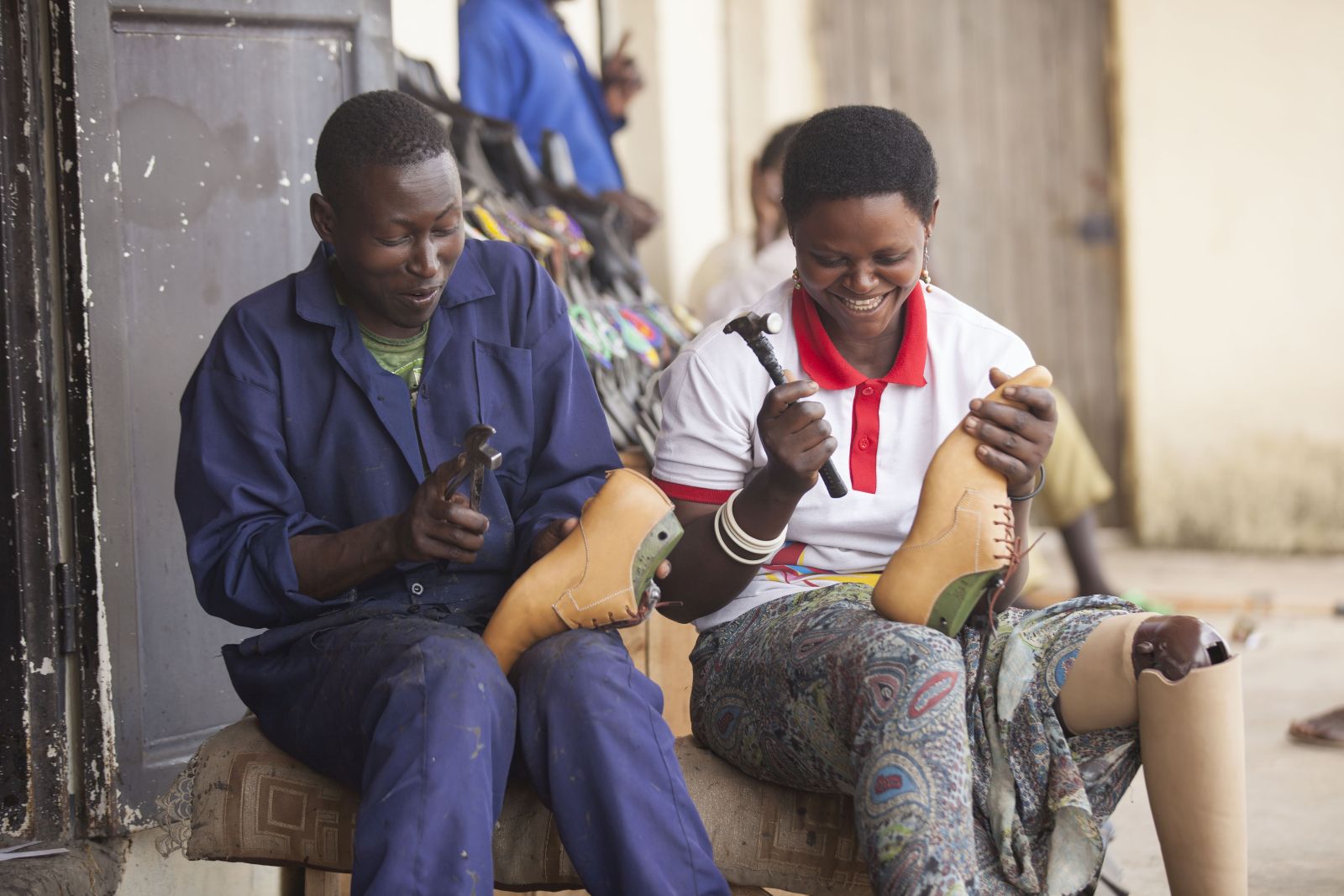
The UNESCO-UNEVOC International Centre: Who We Are | What We Do | Working With Us | Get in Touch
The UNEVOC Network: Learn About the Network | UNEVOC Network Directory
For Members: UNEVOC Centre Dashboard
Thematic Areas: Inclusion and Youth | Digital Transformation | Private Sector Engagement | SDGs and Greening TVET
Our Key Programmes & Projects: BILT: Bridging Innovation and Learning in TVET | Building TVET resilience | TVET Leadership Programme | WYSD: World Youth Skills Day
Past Activities: COVID-19 response | i-hubs project | TVET Global Forums | Virtual Conferences | YEM Knowledge Portal
Our Services & Resources: Publications | TVET Forum | TVET Country Profiles | TVETipedia Glossary | Innovative and Promising Practices | Toolkits for TVET Providers | Entrepreneurial Learning Guide
Events: Major TVET Events | UNEVOC Network News

Organized in collaboration with UNESCO’s Global Education Monitoring Report (GEMR), moderated by Joyceline Alla-Mensah
While TVET has the potential to empower disadvantaged groups, this potential has often been underutilized. Globally, marginalized groups continue to face difficulties in accessing or completing TVET programmes.
UNESCO is putting the spotlight on this issue. In the framework of the Sustainable Development Goals, particularly Goal 4 on Quality Education![]() which aims to “ensure inclusive and equitable quality education and promote lifelong learning opportunities for all”, and continuing its work on the Education for All movement, UNESCO has made equity and inclusion one of the three priority areas of its Strategy for TVET (2016-2021). Furthermore, the Global Education Monitoring Report – UNESCO’s flagship publication and comprehensive, analytical and authoritative reference for the global follow-up and review of education – is also focusing on ‘Inclusion and Education’ in its 2020 issue.
which aims to “ensure inclusive and equitable quality education and promote lifelong learning opportunities for all”, and continuing its work on the Education for All movement, UNESCO has made equity and inclusion one of the three priority areas of its Strategy for TVET (2016-2021). Furthermore, the Global Education Monitoring Report – UNESCO’s flagship publication and comprehensive, analytical and authoritative reference for the global follow-up and review of education – is also focusing on ‘Inclusion and Education’ in its 2020 issue.
In order to deepen the international TVET community’s understanding on this topic, UNESCO-UNEVOC and the UNESCO Global Education Monitoring Report organized a virtual conference to discuss and identify suitable measures to support inclusive TVET.
In line with the upcoming GEMR 2020 Report, this virtual conference stemmed from the premise that inclusive education ‘focuses on the full and effective participation, accessibility, attendance and achievement of all students, especially those who, for different reasons, are excluded or at risk of being marginalized’ (2016 Convention on the Rights of Persons with Disabilities Committee, general comment 4![]() ). This conference thus applied a broad concept of inclusive TVET, paying attention not only to inclusion of persons with disabilities but also of other groups who are vulnerable to exclusion.
). This conference thus applied a broad concept of inclusive TVET, paying attention not only to inclusion of persons with disabilities but also of other groups who are vulnerable to exclusion.
The insights and evidence gathered in this virtual conference contributed to the 2020 Global Education Monitor Report.
Outcomes
The virtual conference enabled participants to: